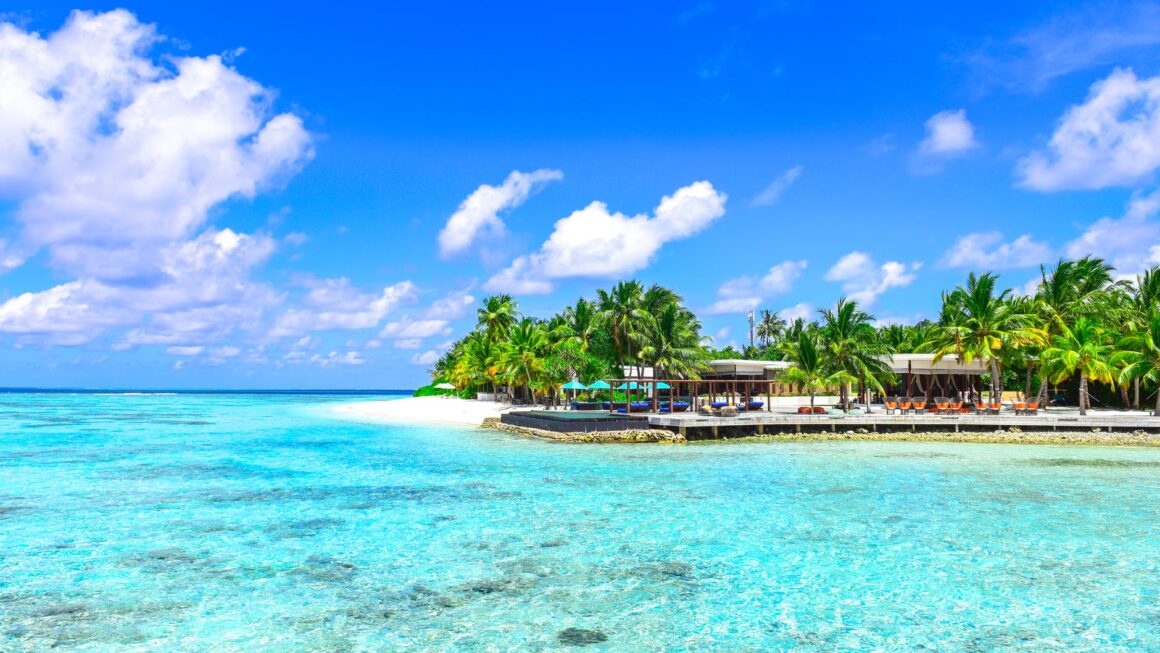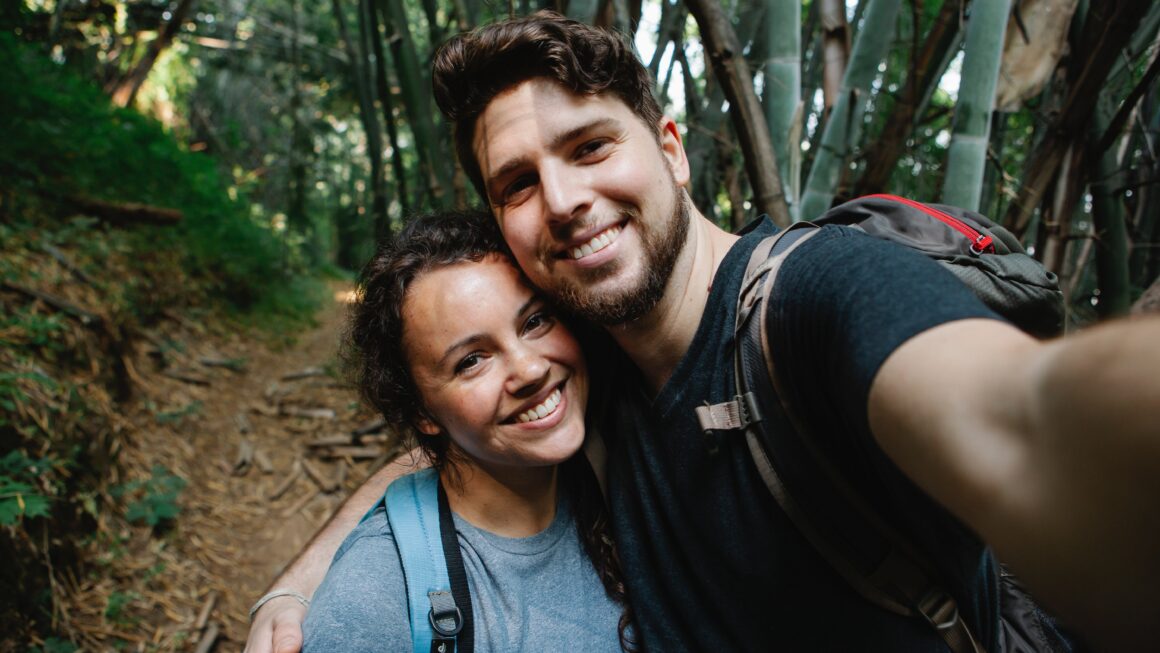Itching to get away? You’re far from alone. Over the past year and a half, many of us have been confined to our own homes or local areas. We haven’t been able to get on with our day to day activities. We’ve been working from home, socialising over the internet and generally maintaining a distance between ourselves and others. When it comes to travel, we’ve been unable to cross borders and have experienced countless issues with flight cancellations, hotel cancellations and cancellations of other reservations. This is something that we’ve got used to for the sake of staying healthy and keeping those around us healthy too. But now that vaccines are being rolled out and travel is seeming more feasible, it’s not all too surprising that countless people are now planning trips that can give them a break from the confinement we’ve been experiencing for so long now. Of course, having stayed away from planes and boats for a good year and a half now, many of us feel out of the loop with planning a trip and you may be wondering where to start. Here are just a few pieces of advice that can help you to plan a trip that will tick all of your boxes!
Creating a Budget
The first step you’re going to have to take when planning your ultimate trip is to come up with a budget. Everyone lives to a budget and you’re going to have to make sure that you can afford your trip alongside the other outgoings you have in your life. To create your budget, start out by determining how much money you take home each month. This should take tax and other essential contributions, such as national insurance, pension contributions or student loan repayments, into account. This will give you your take home pay. Next, you need to deduct all of your essential expenses. This can include things like your rent or mortgage payments, energy bills, water bill, food shopping, payments on cars, insurance, debt repayments and anything else that you are committed to paying for. What you are left with after this is your disposable income. You can decide to save all of this towards your trip or part of this towards your trip. Your budget will then allow you to determine how much you can save and by what date. This will give you insight into the type of trip you can afford and when you’ll be able to go away on it.
Location
Let’s start with one of the first things people begin to consider when planning a trip – where they are going to go. The vast majority of us have some sort of travel bucket list, whether that’s written down or simply stored in our mind. This will feature all sorts of destinations you want to visit at some point in your life. Is now the time to tick off some of the big ones? Or would you rather head somewhere that you’re already familiar with during these uncertain times? Location can impact all sorts of elements of your trip. One major element is price. Highly desirable destinations come hand in hand with a large price tag and you’ll need to check whether your budget permits for this. Some locations will take longer to travel to. If you only have a couple of days off, chances are, you son’t want to spend most of that time sat on a long distance, international flight. Location can also impact temperature and weather while you’re away. If you don’t like the cold, you probably aren’t going to want to head to Lapland, Iceland or Ukraine during the winter. If you don’t like the heat, you’re probably better off avoiding the Caribbean, Morocco or Egypt during the summer. A final consideration with location is whether you need a visa or not. Knowing whether you need to apply for a Schengen visa, ETIAS, or ESTA can help you to get more organised.
Time of Year
Once you’ve chosen a location, you’re going to need to decide what time of year is best to go there. You can save money by travelling out of season, but if you’re going for good weather, you’re probably going to have to travel in season. Knowing your location can also allow you to plan your trip around specific weather or meteorological events in a country. For example, if you’re visiting the Caribbean, you may want to avoid visiting during monsoon season if you’re looking for a dry, warm and sunny stay. Time of year can also allow you to pick your trip around cultural events. For example, if you’re visiting Venice, you may want to go when Carnivale is on.
Length of Stay
How long do you want to go away for? The length of your trip will depend largely on countless different factors and only you will know what will be best for you. If you’re still feeling nervous about travel, or simply want a little break from the routine of day to day life, a short trip like a city break could suit you perfectly. If you’re yearning for a great escape where you can cut off and enjoy yourself for a good couple of weeks, you could find that you have the time and ability to head further afield for a longer period of time. Factors to consider when making this decision include work and responsibilities. How much annual leave do you have left? Does your workplace permit longer periods of time off and away from the office? Do you have children or pets who won’t be travelling with you? Will you be able to find care for them while you’re away on a longer trip? Will you enjoy a longer trip and be able to be away from them for long?
Of course, there will be plenty of other considerations to take into account. But some of the most important have been highlighted above. Keep them in mind and make good use of them!




